Search
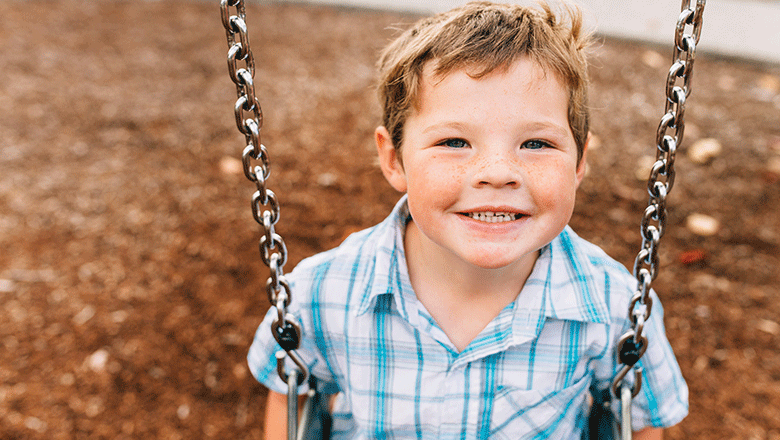
Researchers will track the progress of 12,000 children from birth to age five to identify what services are valuable to families to support the health and wellb
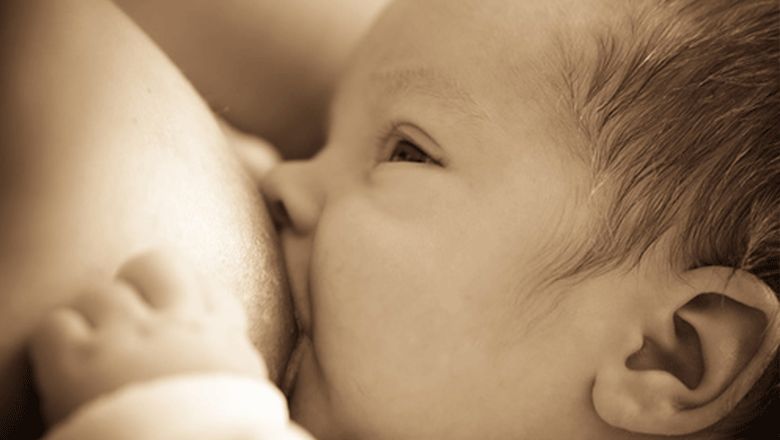
As a child health researcher, I'm often asked by new Mums what's the best thing they can do for their babies? And my answer is always the same, breastfeed.

Allergy specialist Professor Susan Prescott gives her tips on how you can help prevent your child from developing a food allergy.
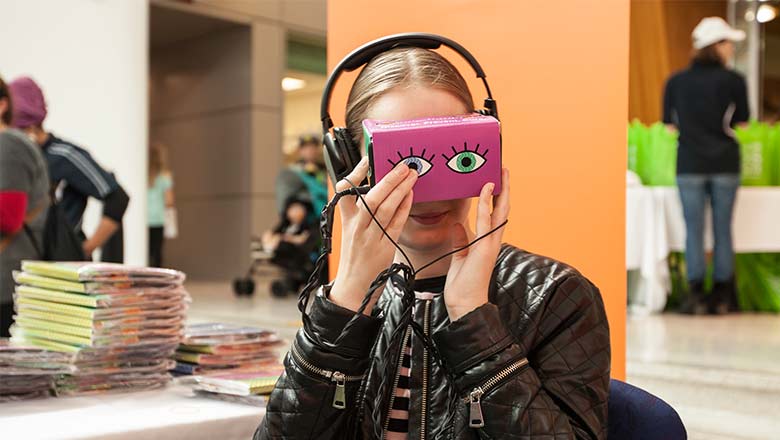
Download these virtual reality apps to your smart phone and begin exploring!
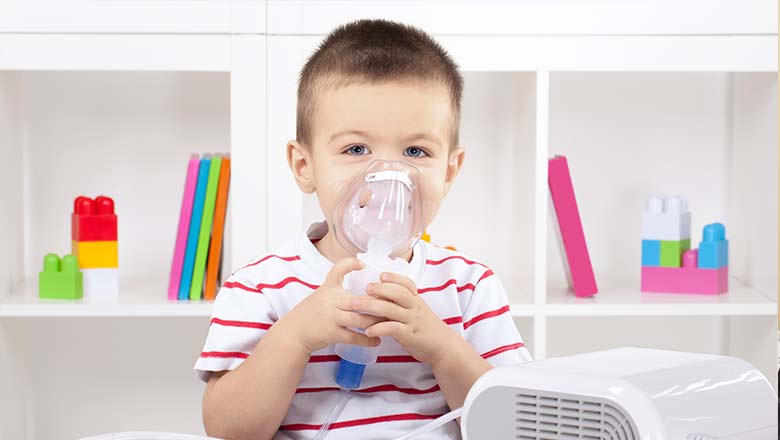
Telethon Kids Institute and the PMH Anaesthesia Research Team will work to improve the safety for young children with asthma undergoing general anaesthesia.
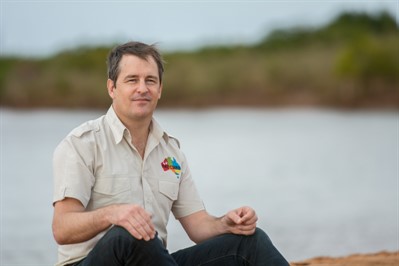
Telethon Kids Institute researcher Dr James Fitzpatrick has been named a finalist in the WA Australian of the Year awards for his work to reduce FASD.
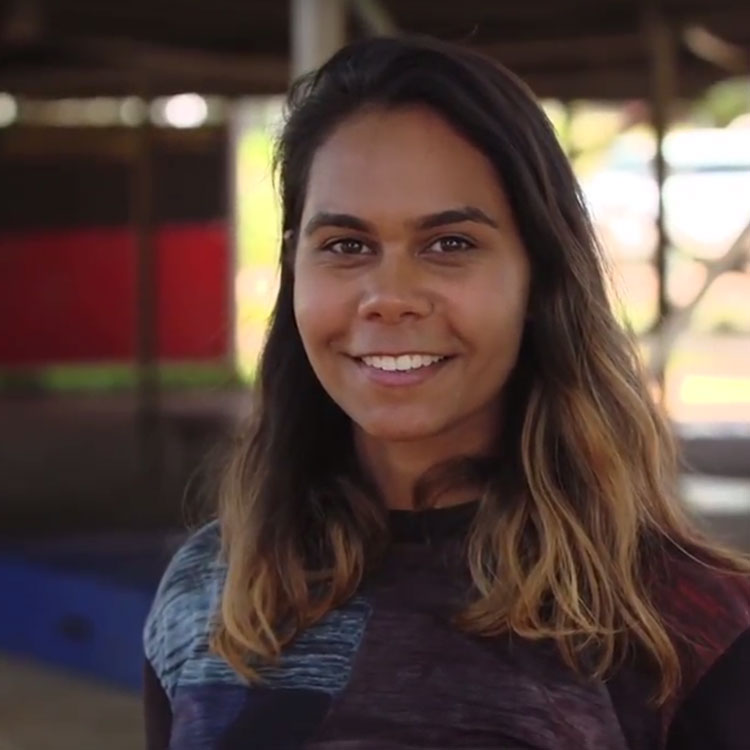
Vinka Barunga has made history by becoming the first Aboriginal doctor from Derby and she's also added The Kids researcher to her list of achievements.
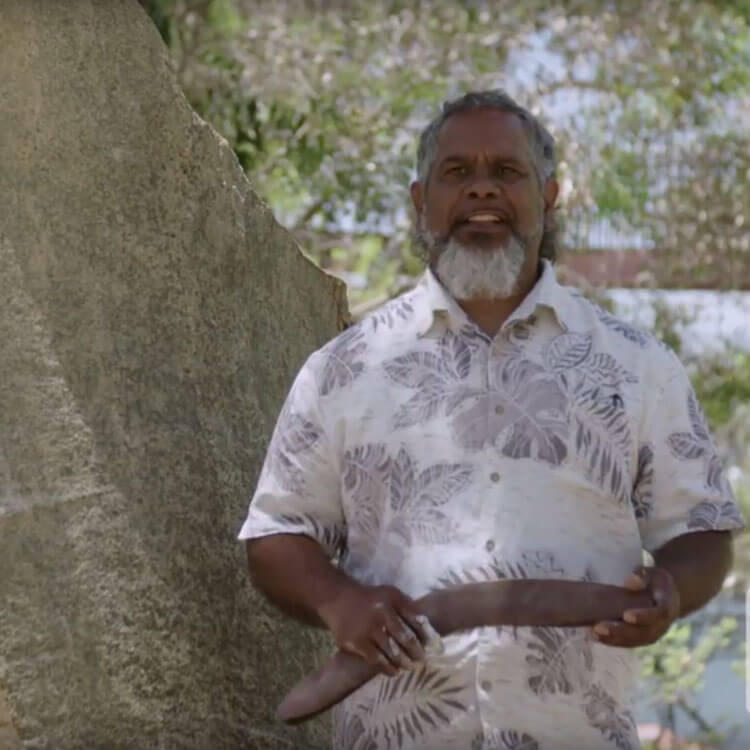
Wadjuk Nyungar man Walter McGuire talks about the importance of air quality to our health.
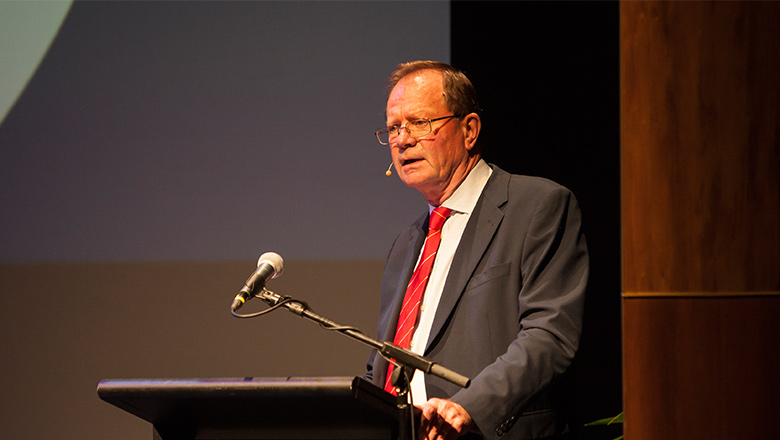
One of the world's leading respiratory experts, Professor Stephen Holgate, presented The Kids Research Institute Australia's Annual Community Lecture on Tue November 28.
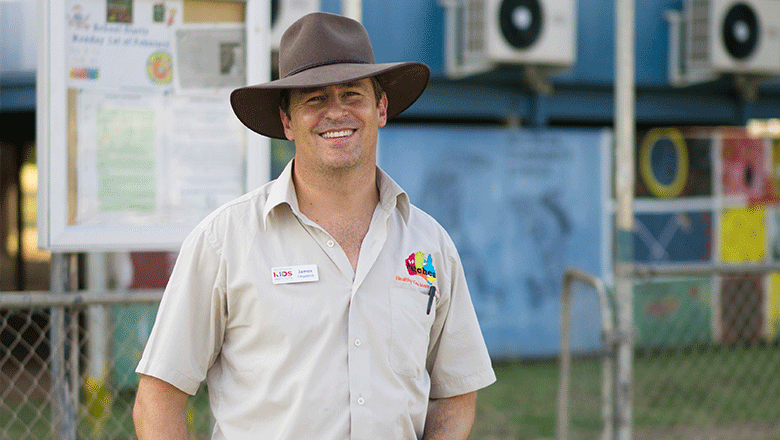
Among the highest rates of Fetal Alcohol Syndrome (FAS) worldwide have been reported by Aboriginal community leaders in the remote Fitzroy Valley.
